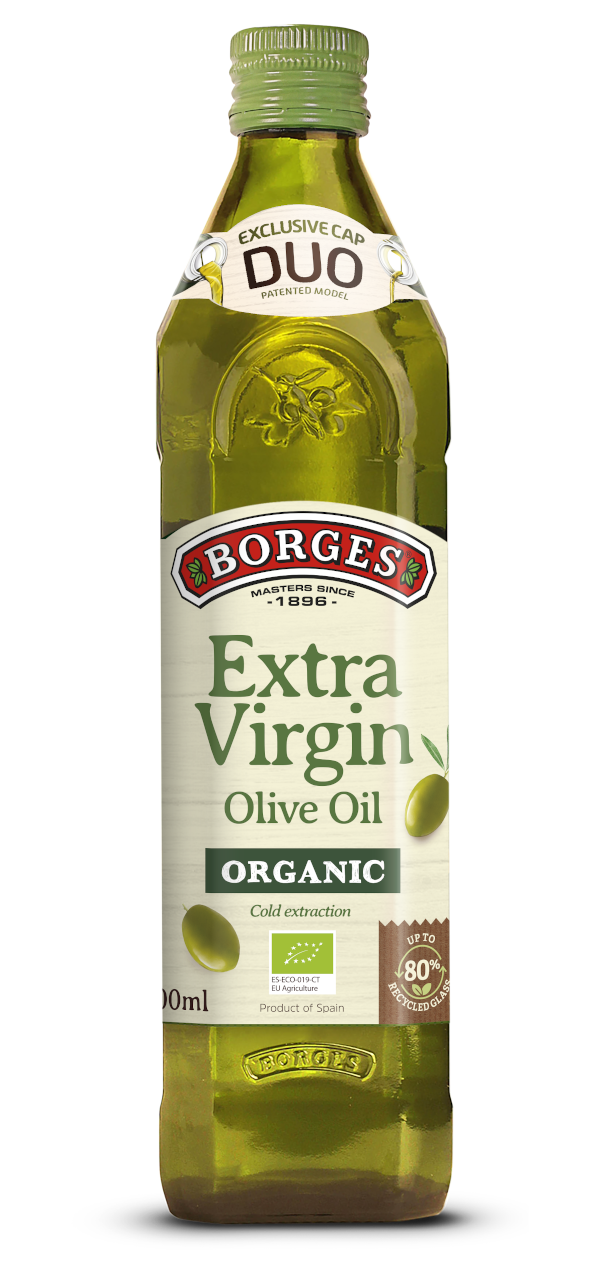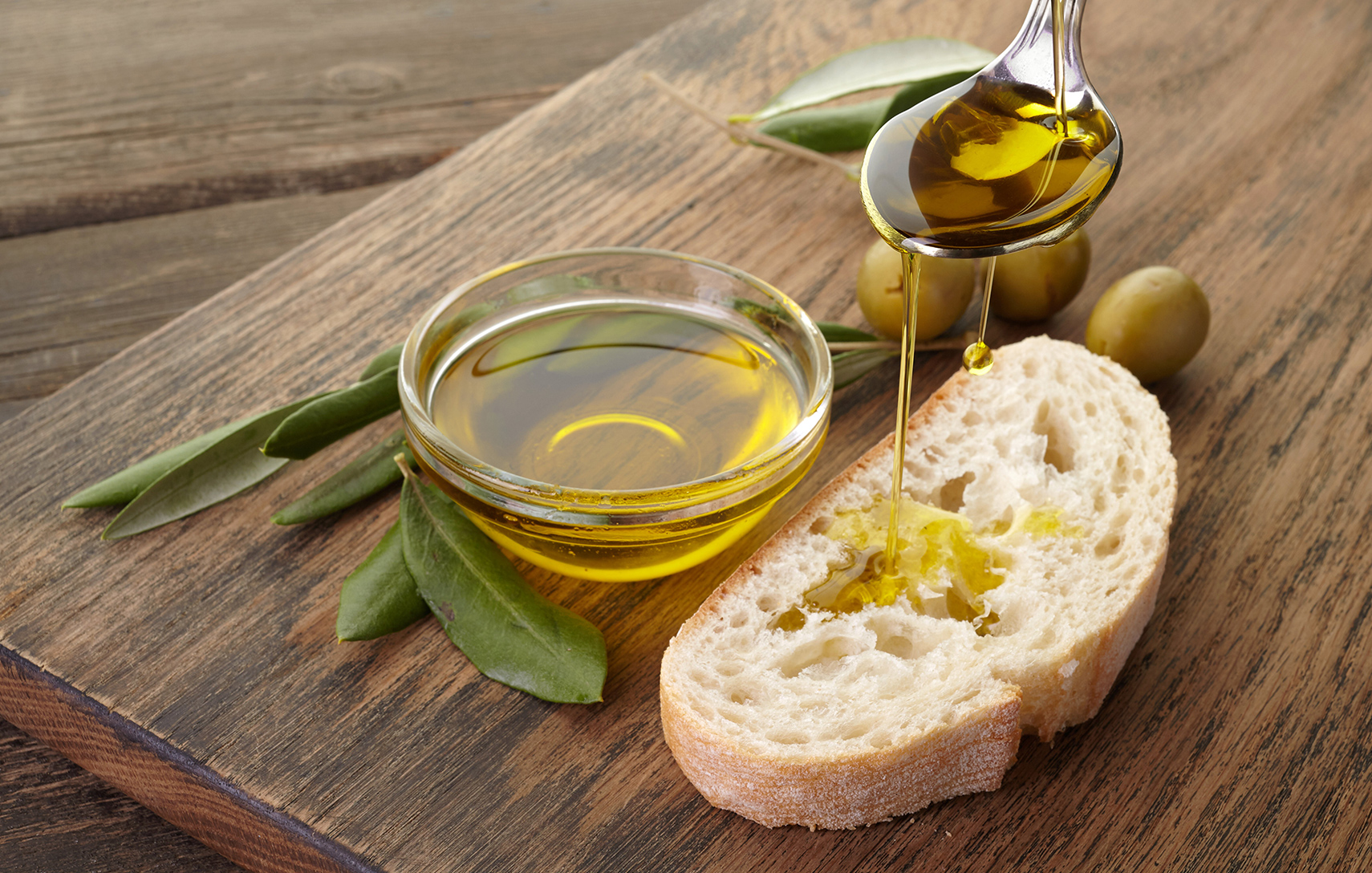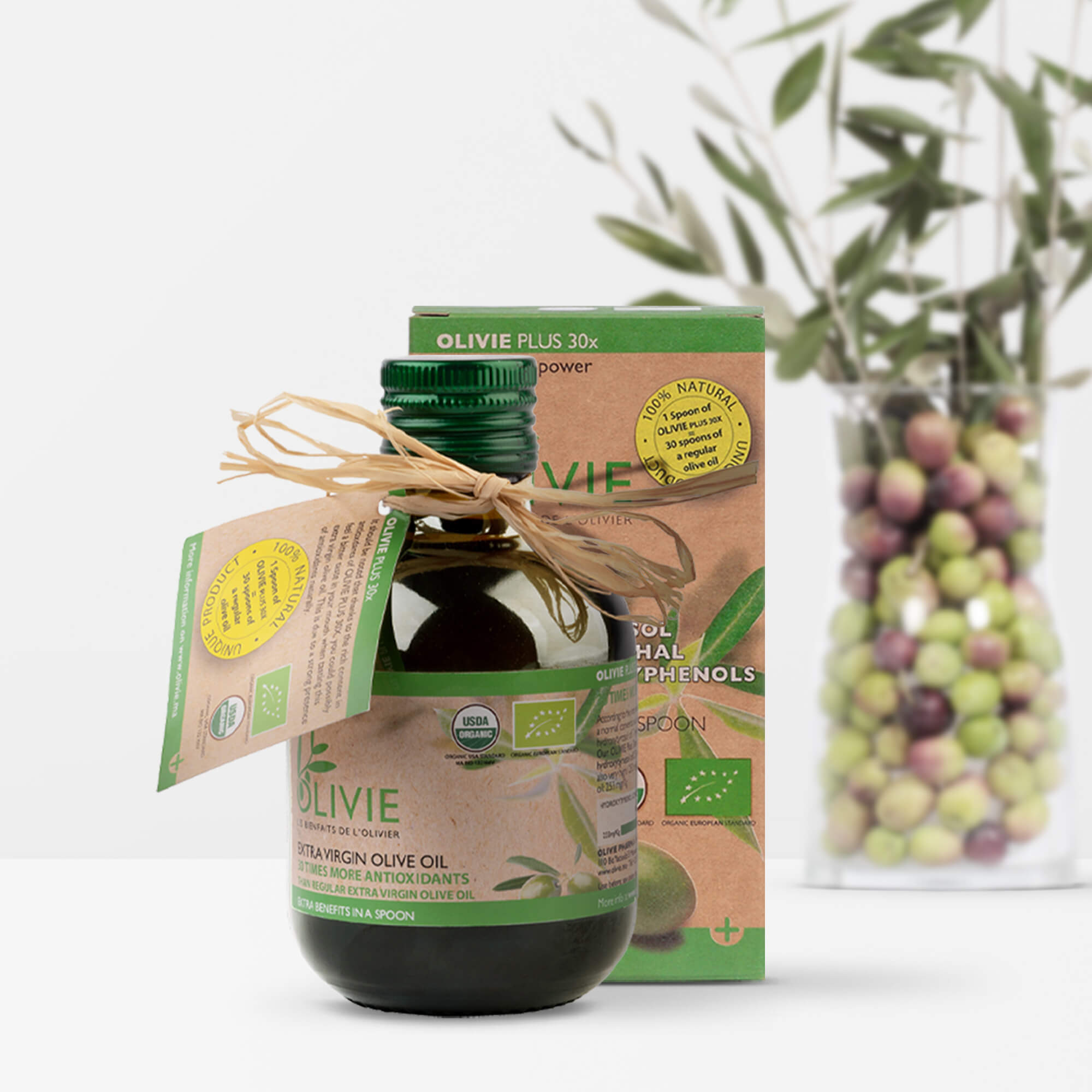Exploring the Different Kinds Of Olive Oil and Their Uses, Including Extra Virgin Olive Oil
The exploration of olive oil includes a varied array of kinds, each offering distinct flavors and cooking applications. Extra virgin olive oil, renowned for its superior high quality and health advantages, offers as a staple in numerous kitchen areas, yet it is only one element of this complex ingredient.
What Is Olive Oil?
Stemmed from the fruit of the olive tree, olive oil is a staple in Mediterranean food and a crucial ingredient in numerous culinary applications. This versatile oil is produced by pushing entire olives, leading to a fluid that differs in scent, color, and flavor depending on the sort of olives used, the region of cultivation, and the extraction procedure. Olive oil is mainly made up of monounsaturated fats, specifically oleic acid, which is known for its possible wellness benefits, including anti-inflammatory properties and cardio assistance.
Along with its cooking uses, olive oil has a lengthy history of application in traditional medication and skin care, owing to its rich antioxidant web content (extra virgin olive oil benefits). The oil is usually utilized in dressings, marinades, and for cooking techniques such as sautéing and roasting. Its unique flavor profile can improve the taste of different recipes, making it an important active ingredient for both home chefs and expert cooks
Furthermore, olive oil is celebrated for its role in the Mediterranean diet regimen, which is connected with numerous health benefits. As understanding of these advantages grows, olive oil remains to gain popularity worldwide as a basic component of a healthy way of living.
Types of Olive Oil
Recognizing the various kinds of olive oil is vital for both health-conscious customers and culinary fanatics. Olive oil is categorized mainly based upon its extraction method and high quality, which significantly influences its health and wellness, flavor, and scent advantages.

Light olive oil, despite its name, describes a lighter taste and not reduced calories. It is ideal for those seeking a much more subtle taste in marinates and dressings. Additionally, there are flavored olive oils infused with herbs, flavors, or citrus, which can boost recipes without the need for extra spices.
Each kind of olive oil serves details cooking purposes, and comprehending these differences permits consumers to make educated choices that straighten with their food preparation designs and health goals.
Bonus Virgin Olive Oil
Additional virgin olive oil (EVOO) is commonly considered the finest quality olive oil offered, celebrated for its abundant flavor and countless health and wellness benefits. To be identified as added virgin, the oil needs to be created from fresh olives utilizing mechanical processes, without using solvents or excessive warmth. This thorough approach maintains the oil's natural tastes, antioxidants, and healthy fats, leading to an item with a low level of acidity degree of less than 0.8%.
EVOO is bountiful in monounsaturated fats, particularly oleic acid, which is connected to minimized swelling and improved heart official site health and wellness. It also consists of polyphenols, powerful anti-oxidants that might use protective effects versus chronic illness. The taste profile of EVOO can differ significantly depending on the olive selection and area of manufacturing, ranging from fruity and grassy to durable and peppery.

Culinary Use Olive Oil

In food preparation, olive oil can be used for sautéing, toasting, and cooking, giving a much healthier option to butter or various other fats. Its high smoke factor makes it appropriate for different cooking approaches, while its antioxidants add to a heart-healthy diet regimen. Sprinkling olive oil over ended up meals, such as pasta, fish, or barbequed vegetables, can elevate flavors and include a touch of elegance.
Furthermore, olive oil plays a substantial function in baking, where it can change traditional fats in dishes for bread and pastries, imparting moisture article and a refined taste. It likewise works as a base for instilled oils, permitting chefs to try out tastes such as garlic, natural herbs, or chili, even more broadening its culinary possibility. Overall, olive oil's flexibility makes it vital in both home and professional cooking areas.
Deciding On Top Quality Olive Oil
When selecting top quality olive oil, it's essential to think about a number of vital aspects that affect the item's aroma, health and wellness, and flavor benefits. Firstly, opt for added virgin olive oil (EVOO), which is derived from the first cool pressing of olives and contains the highest degree of antioxidants and valuable compounds. Seek oils that are certified by acknowledged organizations, as this often makes sure adherence to stringent top quality standards.
The product packaging also plays a significant function in maintaining the oil's integrity. Select oils stored in dark glass bottles or tins to safeguard versus light degradation. Take notice of the harvest date; fresher oils provide premium taste and nutritional value, so select products that are within 18 months of their harvest.
Furthermore, take into consideration the origin of the oil. Premium olive oils commonly come from certain areas recognized for their distinct flavor profiles, such as Italian, Spanish, or Greek oils. Finally, understand the taste; a good top quality olive oil must have an equilibrium of fruity, bitter, and peppery notes, showing its richness and intricacy. By examining these factors, you can ensure you are picking the finest olive oil for your culinary requirements.
Verdict
In recap, the expedition of different kinds of olive oil discloses distinctive characteristics and applications, with additional virgin Learn More Here olive oil standing for the pinnacle of high quality because of its reduced acidity and high antioxidant web content. Its adaptability in cooking usages enhances flavors in dressings, marinades, and showers. Understanding the various varieties of olive oil enables notified options in food preparation methods, promoting healthier practices while enriching the overall gastronomic experience. Quality choice continues to be vital for optimum advantages.
Obtained from the fruit of the olive tree, olive oil is a staple in Mediterranean cuisine and a key active ingredient in various culinary applications.The most common types of olive oil consist of refined olive oil, pure olive oil, and light olive oil.Extra virgin olive oil (EVOO) is widely regarded as the highest possible top quality olive oil offered, celebrated for its abundant flavor and numerous health advantages. Choose for added virgin olive oil (EVOO), which is obtained from the very first cool pressing of olives and has the highest degrees of anti-oxidants and advantageous substances.In recap, the exploration of different types of olive oil reveals distinctive features and applications, with additional virgin olive oil standing for the pinnacle of quality due to its low level of acidity and high antioxidant content.